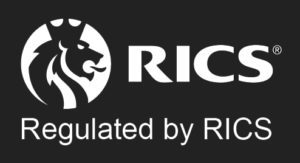Commercial Property Valuers embracing ESG
 Whatever the short balance of the year has in store, there is little doubt that in 2022 a rubicon was crossed for assets that are not scoring well with their ESG credentials. The RICS made sure valuers took the step to acknowledge the importance of ESG credentials on buildings and their impact on values with the publication of a new guidance note effective from January this year. Also in 2022, more than ever, both occupiers and owners made known their absolute preference for ESG compliant buildings. In the office sector in Q3 over 85% of city take-up related to ESG compliant offices.
Whatever the short balance of the year has in store, there is little doubt that in 2022 a rubicon was crossed for assets that are not scoring well with their ESG credentials. The RICS made sure valuers took the step to acknowledge the importance of ESG credentials on buildings and their impact on values with the publication of a new guidance note effective from January this year. Also in 2022, more than ever, both occupiers and owners made known their absolute preference for ESG compliant buildings. In the office sector in Q3 over 85% of city take-up related to ESG compliant offices.
The Bannon Professional Services team has embraced the RICS Valuation Practice Guidance Note titled ‘Sustainability and ESG in Commercial Property Valuation and Strategic Advice’ in undertaking our valuations. In doing so we demonstrate how we have considered sustainability and ESG credentials in our valuation approach, calculations and commentary.
Our experience in 2022 is that the majority of owners have come to realise the importance of ESG credentials in terms of how they influence value. For some owners, mainly outside of the more professional participants, there is still the ‘unknown’ in terms of the actual cost to rectify their asset where there is a deficiency. In relation to older assets where there is a shortfall in data it has been necessary for us to ask for specialist third party inputs, primarily in relation to the cost of bringing the asset up to an acceptable ESG standard. On some of those occasions we have been challenged with the findings as, often is the case, the cost of the upgrade is not supported by a corresponding uplift in value. This is more typical where the asset is in a secondary location. In those circumstances we have then also looked at alternative uses or otherwise materially adjusted the carrying value.
All said, valuing properties which have a shortfall in terms of being a credible ESG asset requires an in-depth understanding of a myriad of factors. They include market variables, competition from compliant buildings, and costs.
We have learned a lot in the past 24 months, but with much more to learn as the focus on ESG continues with pace. The benchmark that buildings must reach in terms of a new rating post being redeveloped is still unclear. Also, whilst valuers will request a lot from owners as part of their due diligence, in many cases definitive answers are not yet available. What we do now know is that the value gap will continue to widen between those that do offer enhanced ESG credentials and those that don’t.
Author: Paul Doyle, Managing Director, Bannon
Date: 10th November 2022





